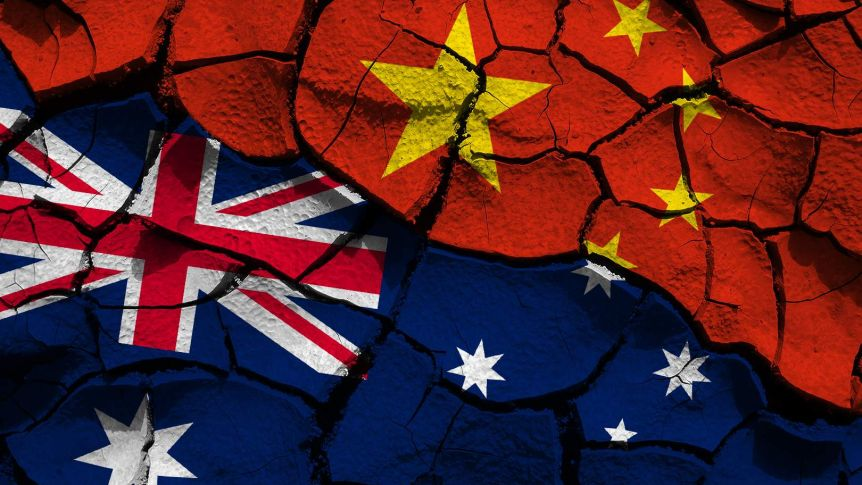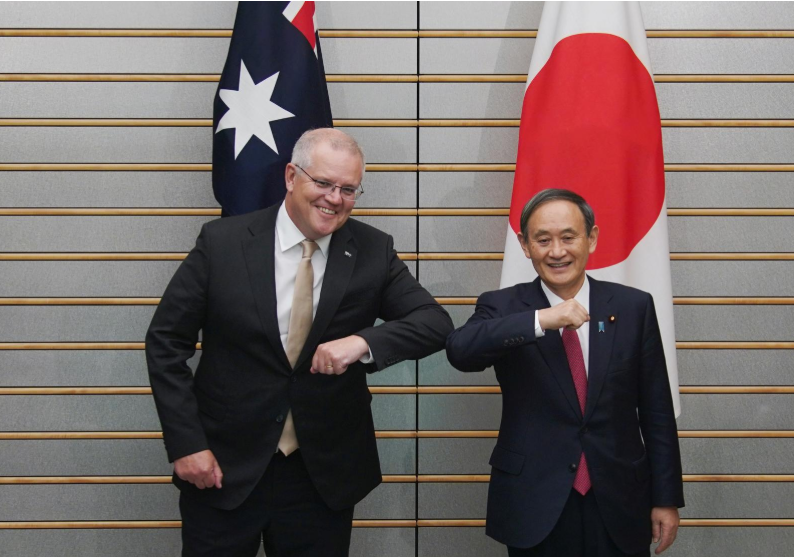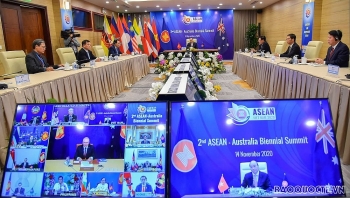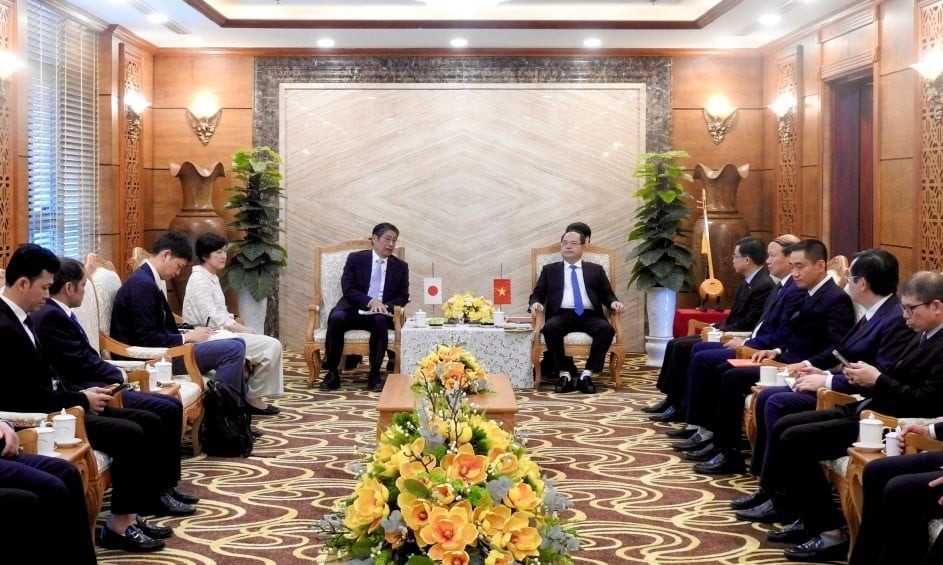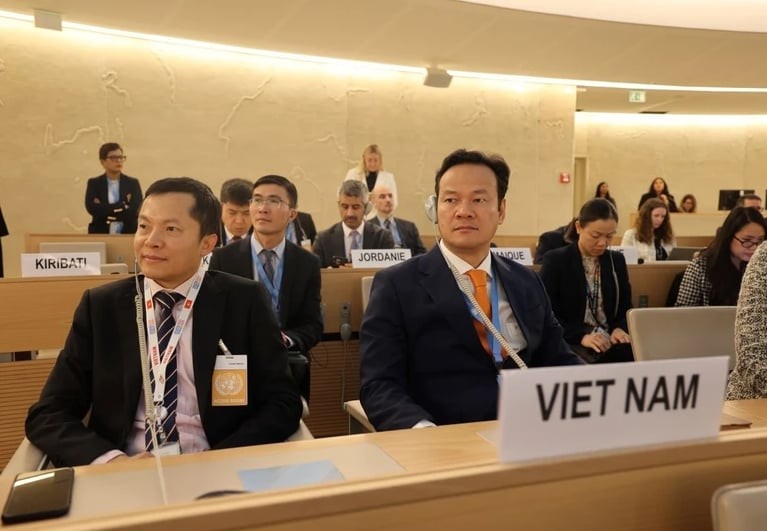Australian PM defiant after China airs 14 grievances
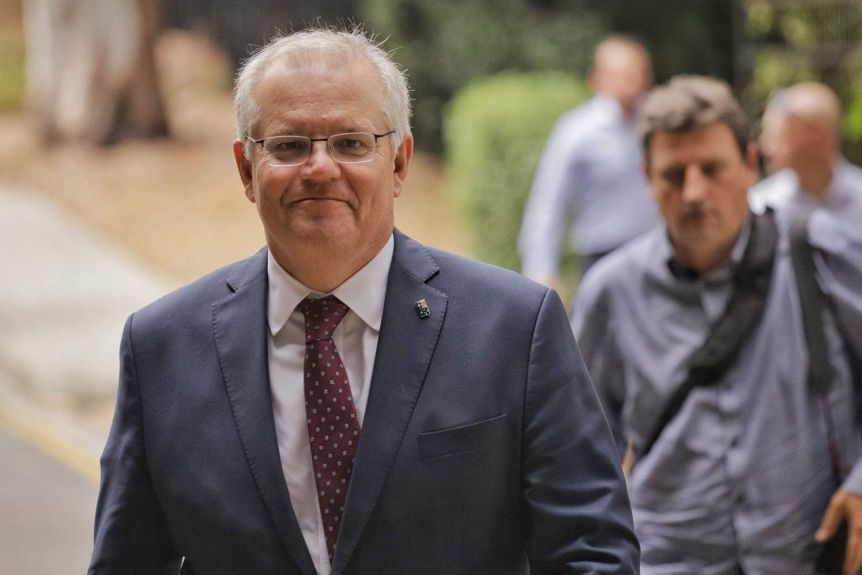 |
| Australia’s Prime Minster Scott Morrison. Photo: ABC News |
Australia’s Prime Minster Scott Morrison on November 19 pushed back over a list of more than a dozen grievances raised by China regarding his country’s human rights diplomacy, independent media and investment policies, saying “we will always be Australia”.
Tensions between Australia and its largest trading partner China have mounted this year, with Beijing imposing a series of trade reprisals after Canberra led calls for an international inquiry into the coronavirus, Reuters said.
Australian government ministers have recently said they want to improve communication with Beijing, but China’s foreign ministry has said Australia needs to “take concrete actions to correct their mistakes”.
China’s foreign ministry in Beijing listed the complaints about Australia’s China policy in a regular press briefing on November 17 and its embassy in Canberra shared a list of 14 complaints with Australian media company Nine the same day.
PM Morrison on November 19 referred to the Chinese embassy’s list and said Australia acted in its own interests. It would not change its policies including having a free media, elected parliamentarians able to speak their minds and speaking up on human rights.
“If this is the cause for tension in that relationship, then it would seem that the tension is that Australia is just being Australia,” Morrison said an interview with the Seven Network.
Chinese foreign ministry spokesman Zhao Lijian on November 17 read out complaints about Australia’s actions including “mistakes on issues concerning China’s core interests like Hong Kong, Xinjiang and Taiwan”, actions in the Human Rights Council, and support for Taiwan entering the World Health Organization.
China also criticized Australia’s action against foreign interference, and being the first country to ban Chinese companies from participating in its 5G telecommunications network.
The embassy said more than 10 Chinese investments had been blocked in Australia on national security grounds.
“We won’t be compromising on the fact that we will set what our foreign investment laws are, or how we build our 5G telecommunications networks, or how we run our systems of protecting against interference,” Morrison told Nine Television.
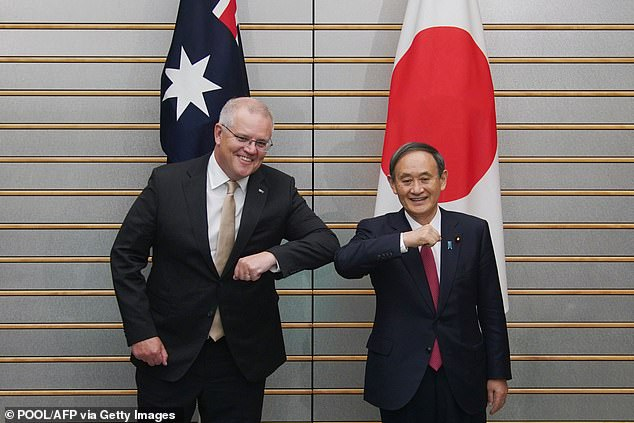 |
| Scott Morrison and Yoshihide Suga bump elbows as they pose at the start of their bilateral meeting at Suga's official residence in Tokyo. |
According to Bloomberg, Morrison visited counterpart Yoshihide Suga in Toyko in his bid to build a coalition of “like-minded” democracies pushing back against what Beijing’s increasing influence in the Asia-Pacific region.
As well as agreeing to a legal framework that will allow the military of each nation to stay in the other’s country to conduct joint exercises, Morrison and Suga issued a joint statement with criticisms of Chinese policies, including their “strong opposition to any coercive or unilateral attempts to change the status quo and thereby increase tensions in the region.”
Zhao told a daily briefing in Beijing on November 18 that the “Chinese side is strongly dissatisfied and firmly opposed to their press statement in which they accused China on the South China Sea and East China Sea issue.” The two nations “blatantly interfered in Hong Kong affairs and China’s internal affairs,” he said.
Ties between the major trading partners have been strained since 2018 when Canberra barred Huawei Technologies Co. from building its 5G network and introducing anti-foreign interference laws aimed at halting Beijing’s “meddling” in domestic affairs./
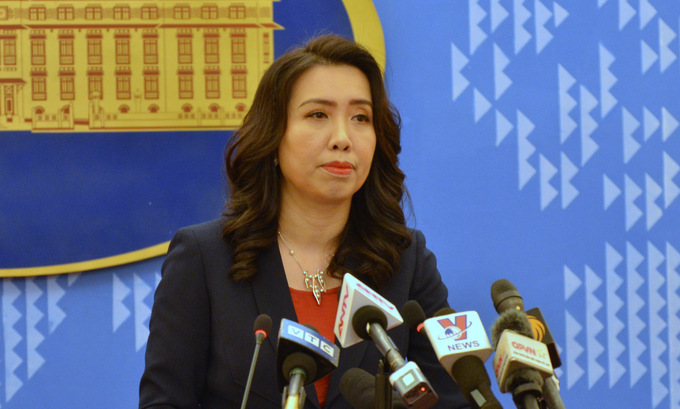 | China’s exercises in the western part of the Leizhou Peninsula from November 17-30 do not affect Vietnam’s waters. |
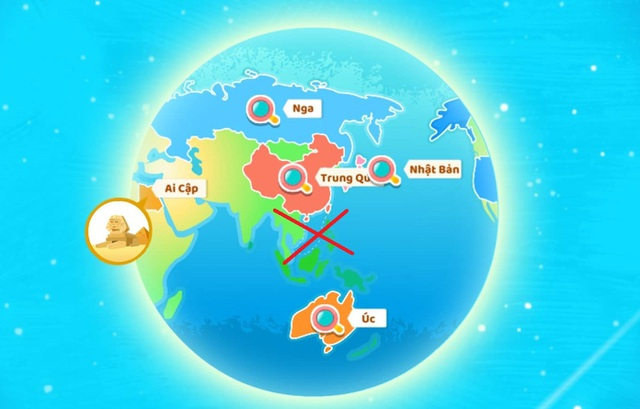 | Chinese game including illegal “nine-dash line” removed from Google and App Store Chinese game “Panda’s tour around the world” was removed from Google Play and App Store as it included a map showing China's illegal claims over ... |
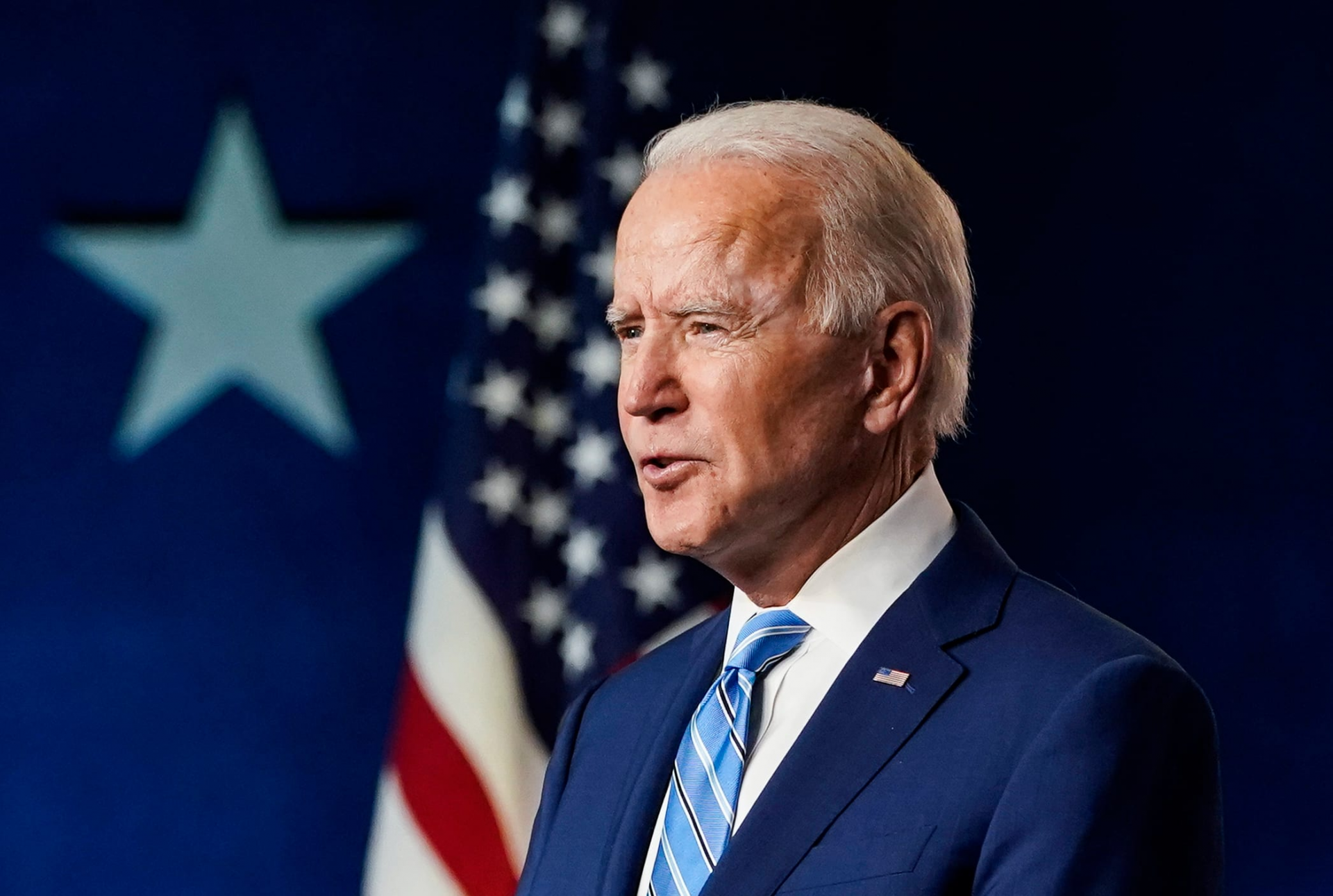 | China and 14 Asia-Pacific countries sign huge trade while U.S sits out China and 14 Asia-Pacific countries signed the world’s largest trade agreement, the Regional Comprehensive Economic Partnership or RCEP while the U.S sits out of this ... |
Recommended
 World
World
India strikes back at terrorists with Operation Sindoor
 World
World
India sending Holy Relics of Lord Buddha to Vietnam a special gesture, has generated tremendous spiritual faith: Kiren Rijiju
 World
World
Why the India-US Sonobuoy Co-Production Agreement Matters
 World
World
Vietnam’s 50-year Reunification Celebration Garners Argentine Press’s Attention
 World
World
"Will continue offering our full support to Indian govt": US FBI Director after Pahalgam attack
 World
World
"Great Leader": JD Vance Lauds PM Modi During His India Visit
 World
World
Trump’s Tariff Pause: A Strategic Move from “The Art of the Deal”?
 World
World

